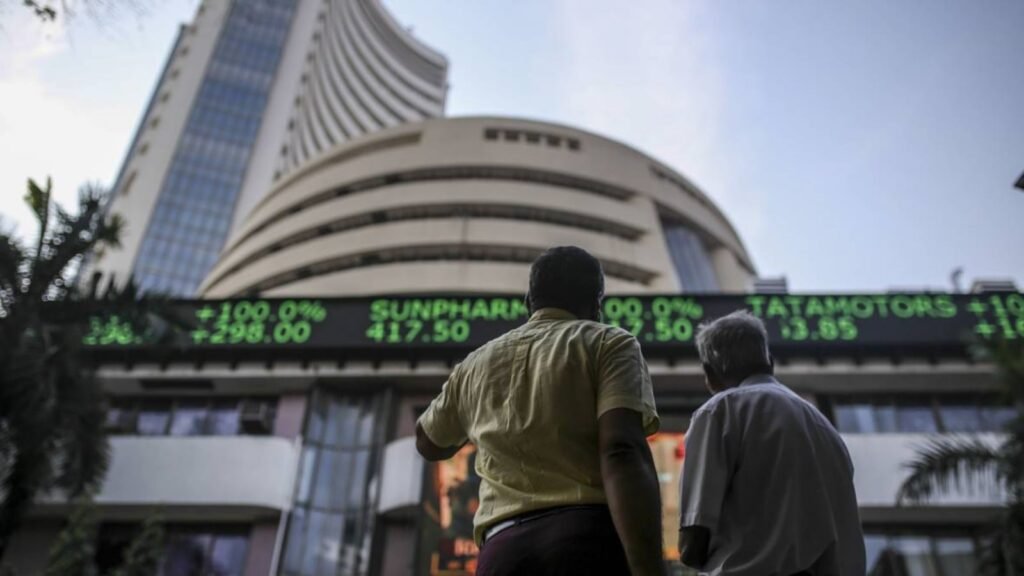National Stock Exchange’s turnover in the equity derivatives segment plunged by nearly 21 per cent on Thursday — the first weekly expiry after the Securities and Exchange Board of India (Sebi) cracked down on Jane Street — exposing the market’s heavy reliance on the US firm’s aggressive trades. The sharp drop, compared to the previous expiry on July 3, highlights just how deeply the allegedly manipulative player was embedded in the system.
The overall turnover in the bourse’s derivatives segment on Thursday stood at Rs 476.39 lakh crore, down 21.29 per cent, compared to Rs 605.23 lakh crore on July 3, a day ahead of the Sebi’s interim order against Jane Street was released.
The number of contracts traded on the NSE’s derivatives segment was down 21 per cent to 25.25 crore on July 10, compared to 31.92 crore on July 3, according to the NSE data.
Total turnover in the NSE’s F&O segment on July 10 was the lowest since the weekly expiry day on May 8, 2025.
With Jane Street, the most dominant player in the derivatives segment, barred from the market, turnover in the segment is likely to fall even further in the weeks ahead, market experts said.
Last week, Sebi issued an interim order restraining Jane Street—a US-based proprietary trading firm—for allegedly using manipulative trading strategies. The firm consistently engaged in trading patterns that raised serious concerns about market integrity, especially during the expiry of index derivatives, according to Sebi.
The decline in the total turnover on July 10 was mainly due to a 21 per cent fall in turnover in the NSE’s index options. Turnover in the NSE’s weekly index options on July 10 dipped 21.4 per cent to Rs 472.54 lakh crore, from Rs 601.24 lakh crore on July 3. The number of contracts in the NSE’s index options reduced by 21 per cent to 24.73 crore from 31.4 crore during the period.
Story continues below this ad
Sebi examined the aggregate profit/loss made by the Jane Street group for the period January 1, 2023 to March 31, 2025. During the period, Jane Street’s profits from index options alone accounted for around Rs 43,289.33 crore whereas losses in stock futures, index futures and cash cumulatively stood at Rs 7,687.21 crore, according to Sebi’s interim order issued on July 3.
According to Sebi’s order, the most profitable trading day for Jane Street was January 1, 2024, when it made profit to the tune of Rs 734.93 crore. Total profit made by Jane Street in the investigation period stood at Rs 36,502.12 crore.
In its investigation, Sebi found that BANKNIFTY index- a major index of the securities market comprising 12 stocks of the country’s major banks – was prima facie manipulated in a complex and illegal manner aided by the Jane Street group’s immense trading, financial and technological prowess.
The group deployed two unauthorised proprietary trading strategies – Intraday Index Manipulation and Extended Marking the Close, the regulator said in the interim order. The group allegedly made a profit of Rs 36,502.12 crore during the period of investigation. The regulator has ordered the impounding of Rs 4,843.57 crore of unlawful gains made by the group through manipulative trading.
© The Indian Express Pvt Ltd

